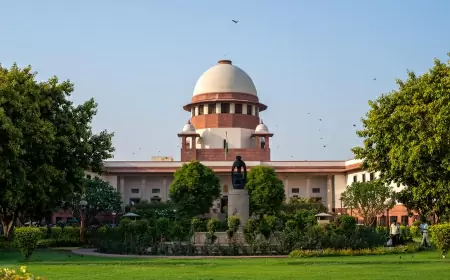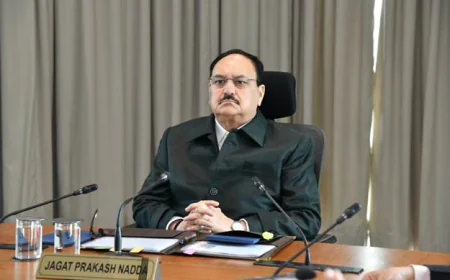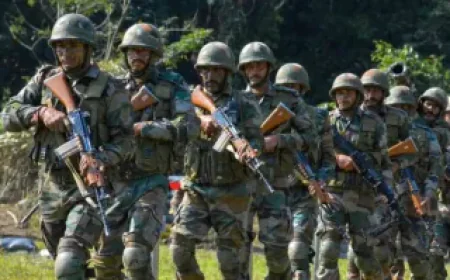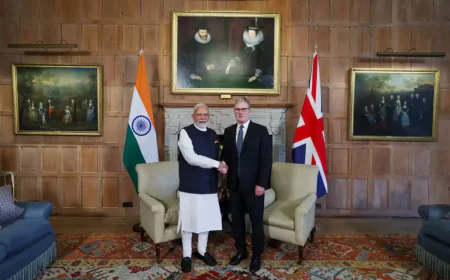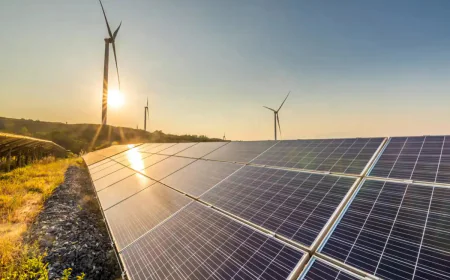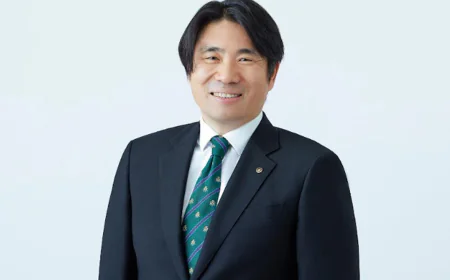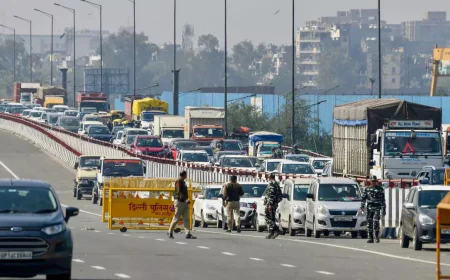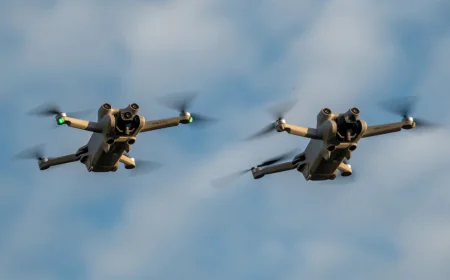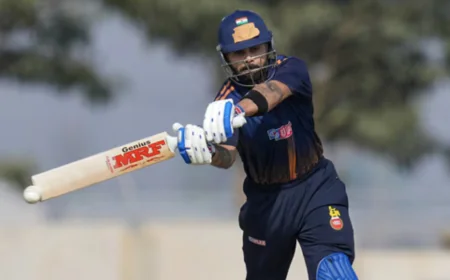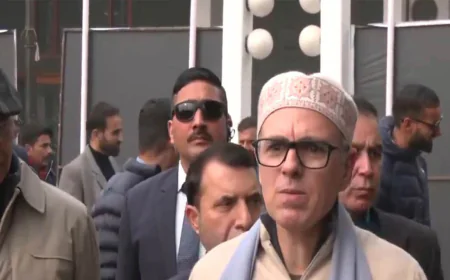'The situation of many countries is deteriorating due to China's debt', Jaishankar's blunt statement to Italy
The G-7 held a meeting with the foreign ministers of four countries of the Indo-Pacific region, India, Japan, Indonesia, and South Korea. Indian Foreign Minister Jaishankar also addressed this meeting. He said that many types of changes are taking place in the entire Indo-Pacific region and there are also wide possibilities of cooperation here. Apart from this, Jaishankar also told the six major needs of future cooperation.
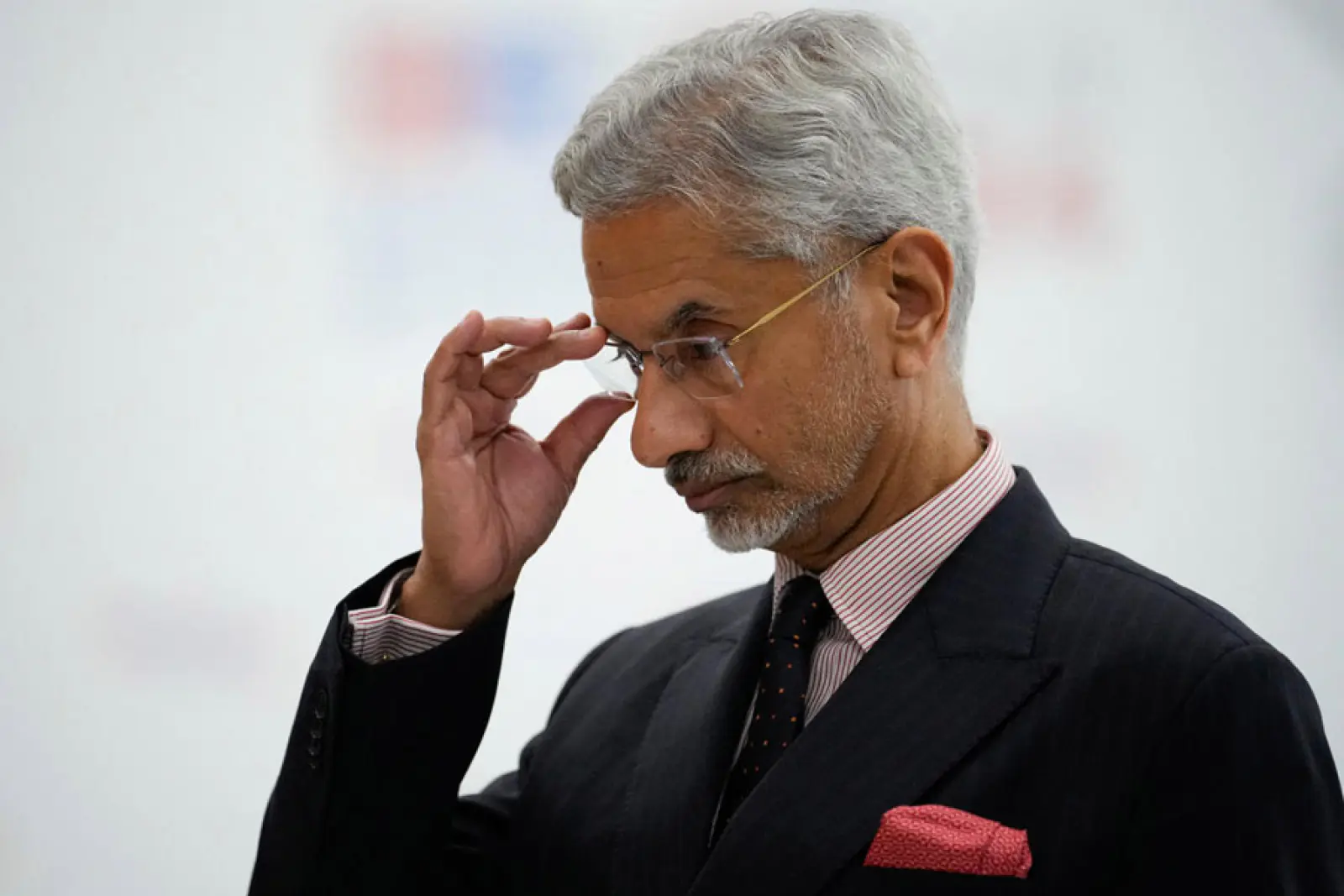
There is concern all over the world about China's increasingly aggressive attitude in the Indo-Pacific region. This concern is the reason why the G-7, an organization of the seven richest countries in the world, held a special meeting with the foreign ministers of the four major countries of the Indo-Pacific region, India, Japan, Indonesia, and South Korea, in which the possibilities of future cooperation were discussed.
While addressing this meeting, the Foreign Minister has said that many types of changes are taking place in the entire Indo-Pacific region and there are also wide possibilities of cooperation here. The Indian Foreign Minister described the Quad organization of India, America, Japan, and Australia as practical, and said that deep cooperation is required in the strategic, maritime, and business sectors in the Indo-Pacific region and with other countries. He listed six key needs of future cooperation.
More cooperation in maritime, semiconductors, and supply chain issues- these are the first things that are needed, he listed. The second need is to keep away from bad borrowings and debt that you cannot afford, he went on to describe. Here, he did not name China directly, but everybody knows that many countries of this region are already in debt to China and some global institutions and their condition is getting worse day by day.
Want to get your story featured as above? click here!
Want to get your story featured as above? click here!
As the third need, Jaishankar has increased the capacity of the countries of these regions in the fields of governance, health, technology, and exploitation of natural resources. Fourth, there should be joint work for good work at the global level and all countries should be involved. International laws should be followed so that each other's interests are protected. After this, as a final need, he enumerated many options available to the countries formulating policy regarding the Indo-Pacific.
It is noteworthy to mention that during a September 2024 meeting of the top leaders of the Quad countries held in the US, for the first time, the idea was considered to widen maritime security cooperation. During this, PM Narendra Modi also laid emphasis on the need to rely on lawful global order and the sovereignty of all countries.
While China actually does not act in concert with international maritime law in the Indo-Pacific region, that is why India and Quad underline the necessity of following global law. The situation of the Philippines and other countries with China in this region remains tense. By the way, with an eye on the Indo-Pacific region, though America is strengthening strategic ties with India, still its relations are being sharpened with South Korea, Australia, and Japan separately. At yesterday's meeting, it was made crystal clear by Jaishankar himself that India too is expanding her relations with various countries, keeping in mind developments that have been witnessed in the Indo-Pacific region.
